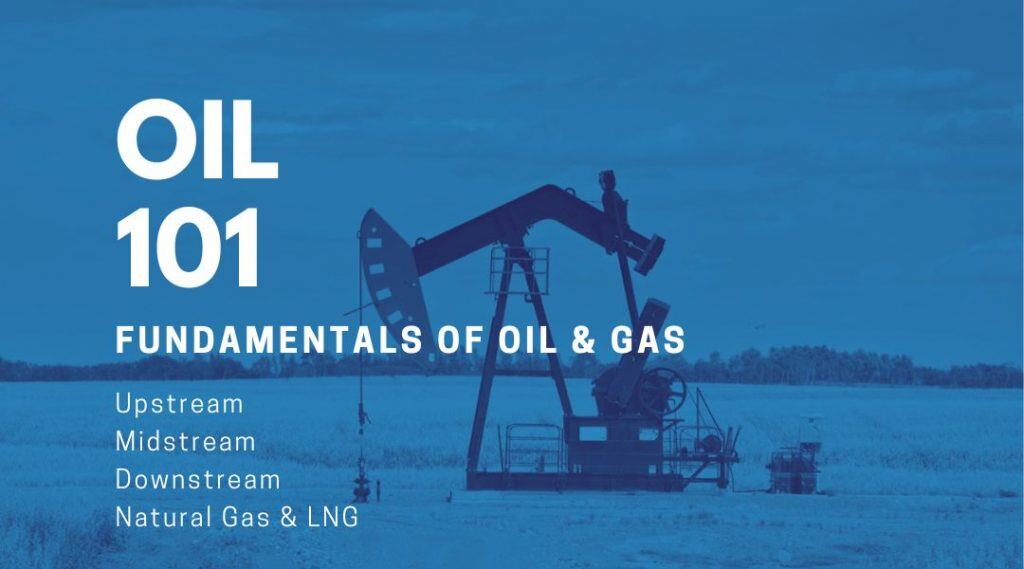A petroleum geologist is a professional who studies the earth’s subsurface to identify and evaluate oil and gas reserves.
They use their knowledge of geology, geophysics, and other sciences to explore for oil and gas resources, and to help guide drilling and production operations.
Petroleum geologists typically work for oil and gas exploration and production companies, as well as for consulting firms that provide geologic and geophysical services to the industry.
Their work involves analyzing rock formations, seismic data, and other geological data to identify areas with high potential for oil and gas reserves.
They also use their knowledge of the earth’s subsurface to guide drilling operations, helping to determine the best location and direction for drilling wells.

Whether it’s oil and gas, power, or renewables that is your chosen career path, our e-learning courses can help you get a leg up on the competition and get your food in the door.
We often hear from learners who successfully use our courses to prepare for the interview process. After all, you’re using the same courses that companies themselves use to prepare their teams.
As this student passed on:
I would like to thank you for your brilliant Oil 101 materials. I did use it to prepare for the recruitment process, and managed to take a new role in the oil and gas industry!
Get started with our Energy 101 courses today!
Petroleum geologists may work in the field, collecting and analyzing geological data, or in offices and laboratories, where they use specialized software and other tools to interpret and visualize data.
They also work closely with other professionals in the oil and gas industry, including drilling engineers, reservoir engineers, and geophysicists, to evaluate and develop oil and gas resources.
Overall, petroleum geologists play a critical role in the exploration and production of oil and gas resources, helping to identify and evaluate potential reserves and guiding drilling operations to ensure the safe and efficient extraction of these valuable resources.
What is a Petroleum Geologist Salary?
The salary of a petroleum geologist can vary based on factors such as their level of experience, location, and the type of company they work for.
According to the U.S. Bureau of Labor Statistics, the median annual wage for geoscientists, which includes petroleum geologists, was $97,320 as of May 2020.
However, it’s important to note that this is only a median value and that some petroleum geologists earn more or less than this amount.
In general, petroleum geologists with several years of experience and specialized knowledge in a particular area can earn higher salaries than those just starting their careers.
Additionally, working for large, multinational oil and gas companies may lead to higher salaries, as these companies often have larger budgets and higher-paying positions.
Salaries for petroleum geologists also vary by location.
For example, geologists working in the United States, Canada, and Western Europe generally earn higher salaries than those working in developing countries or regions with less mature oil and gas industries.
Overall, petroleum geologists are typically well-compensated for their skills and expertise, with salaries ranging from around $60,000 to well over $200,000 per year, depending on the factors mentioned above.
Related Resources
Jobs Data:
Global Energy Talent Index (GETI)
US Energy & Employment and Jobs Report (USEER)
Career Path in Energy Articles
Is Oilfield Services/Equipment a Good Career Path
Is Oil and Gas Production a Good Career Path
Is Electric Utilities a Good Career Path
Is Power Generation a Good Career Path